How Inflation Affects Your Finances in 2025
2. Introduction
Did you know that, despite inflation slowing to about 2.6% in the United States in 2025, it is still well above historical averages? While this number represents a slowdown from previous peaks, inflation continues to be a major concern for consumers, businesses, and policymakers alike. The reality is that, even though inflation has moderated, many households still face a considerable increase in their cost of living, directly impacting how they spend and save.
If you’re finding that your money isn’t going as far as it used to, you’re not alone. Inflation continues to influence spending choices and economic policies, and it’s a critical factor in any financial strategy. In this article, we will explore how inflation, despite its slowdown, remains a significant challenge in 2025 and what this means for you and the economy at large. Whether you’re an investor, consumer, or someone trying to understand the effects of these changes, this article will provide valuable insights to help you make more informed and strategic decisions for your financial future.
3. Article Body
What Is Inflation and How Does It Affect the Economy?
Inflation is the general increase in the prices of goods and services over time, leading to a decrease in the purchasing power of money. In 2025, the inflation rate in the United States was officially estimated at 2.6%, a significant improvement compared to the peaks seen in previous years when it surpassed double digits. However, even with this slowdown, inflation remains a central concern as it continues to pressure consumers and influence market dynamics.
The rise in prices continues to affect everything from grocery bills to housing costs, representing a structural change in market behavior. Central banks, such as the Federal Reserve, have been adjusting interest rates as a way to control inflation. The goal of these measures is to ensure economic stability while keeping inflation at manageable levels. However, even with these efforts, inflation still exerts significant pressure on household budgets.
Inflation and Its Consequences for American Households
Despite a relief in inflation rates compared to previous years, American households continue to feel the impact. The increase in prices of essential items such as food, fuel, and rent has strained household budgets, making it harder for many families to maintain their savings and consumption patterns.
For example, rental prices have risen significantly in recent years, with many U.S. cities seeing double-digit increases. The same can be observed in the food sector, where grocery prices have increased, especially for basic products like meat, fruits, and vegetables. The cumulative effect of these increases is a reduction in the purchasing power of families, particularly among those already living on tight budgets.
How Inflation Changes Consumer Behavior
When inflation is high, consumer behavior changes substantially. People become more cautious with their spending, prioritizing essential items and delaying or canceling non-essential purchases. In a scenario where prices are continuously rising, many consumers feel compelled to reduce their level of consumption to adapt to the new financial reality.
In practical terms, this means that while households may cut back on leisure and entertainment expenses, businesses may also experience a slowdown in the consumption of luxury goods or non-essential services. This behavior, in turn, affects companies, which may need to adjust their offerings and marketing strategies to appeal to more cost-conscious consumers.
Additionally, inflation also affects how consumers save and invest. With rising prices, many families are finding it harder to save enough for the future, which negatively impacts long-term financial planning, including retirement goals. For those who can save, the search for investments that protect against inflation, such as real estate or government inflation-protected bonds, becomes more relevant.
The Government’s Response: Policies to Control Inflation
In response to inflation, policymakers, including the Federal Reserve, have raised interest rates to reduce excessive consumption and borrowing. By increasing borrowing costs, it is hoped that consumers will spend less, and businesses will slow their investments, ultimately easing price pressures.
However, these policies also have side effects. For consumers, higher interest rates mean that the cost of loans and mortgages increases. For businesses, financing becomes more expensive, which can slow down growth and investments. Moreover, higher interest rates can lead to an increase in unemployment, as companies may reduce hiring due to greater economic uncertainty.
On the fiscal side, the U.S. government has also been exploring ways to stabilize the economy and reduce inflationary pressures. However, these policies are often complex and take time to implement effectively, meaning inflation will likely remain a concern in the near future.
The Long-Term Impact of Persistent Inflation
Although inflation has slowed in 2025, the long-term effects could be significant. If prices continue to rise, but wages do not keep up, many families may find themselves further financially squeezed. Additionally, prolonged inflation can negatively impact consumer and business confidence, which can slow down economic growth.
However, there are ways to protect against the effects of inflation. Investing in assets that tend to appreciate during periods of inflation, such as real estate or stocks in certain sectors, can help protect purchasing power. Additionally, adopting healthy financial habits, such as increasing savings and seeking alternative income sources, can help reduce the impact of inflation in the long run.
4. Conclusion & Call to Action (CTA)
Although inflation has decreased to 2.6% in 2025, the economic impacts and the high cost of living remain a concern for many American households. As we’ve seen, inflation directly affects purchasing power, consumer behavior, and monetary policy, and it’s essential for everyone to adapt to face this challenge. For those seeking to improve their financial health, it is vital to adopt strategies that protect their finances, such as using investments and consistently reviewing household budgets.
Ready to Take Control of Your Finances During Inflation?
Now is the time to rethink your financial strategies. Start with a more efficient budgeting plan and explore ways to protect your savings with smart investments. For more tips on how to deal with inflation and manage your finances effectively, subscribe to our newsletter and gain access to exclusive resources on how to plan for your financial future.
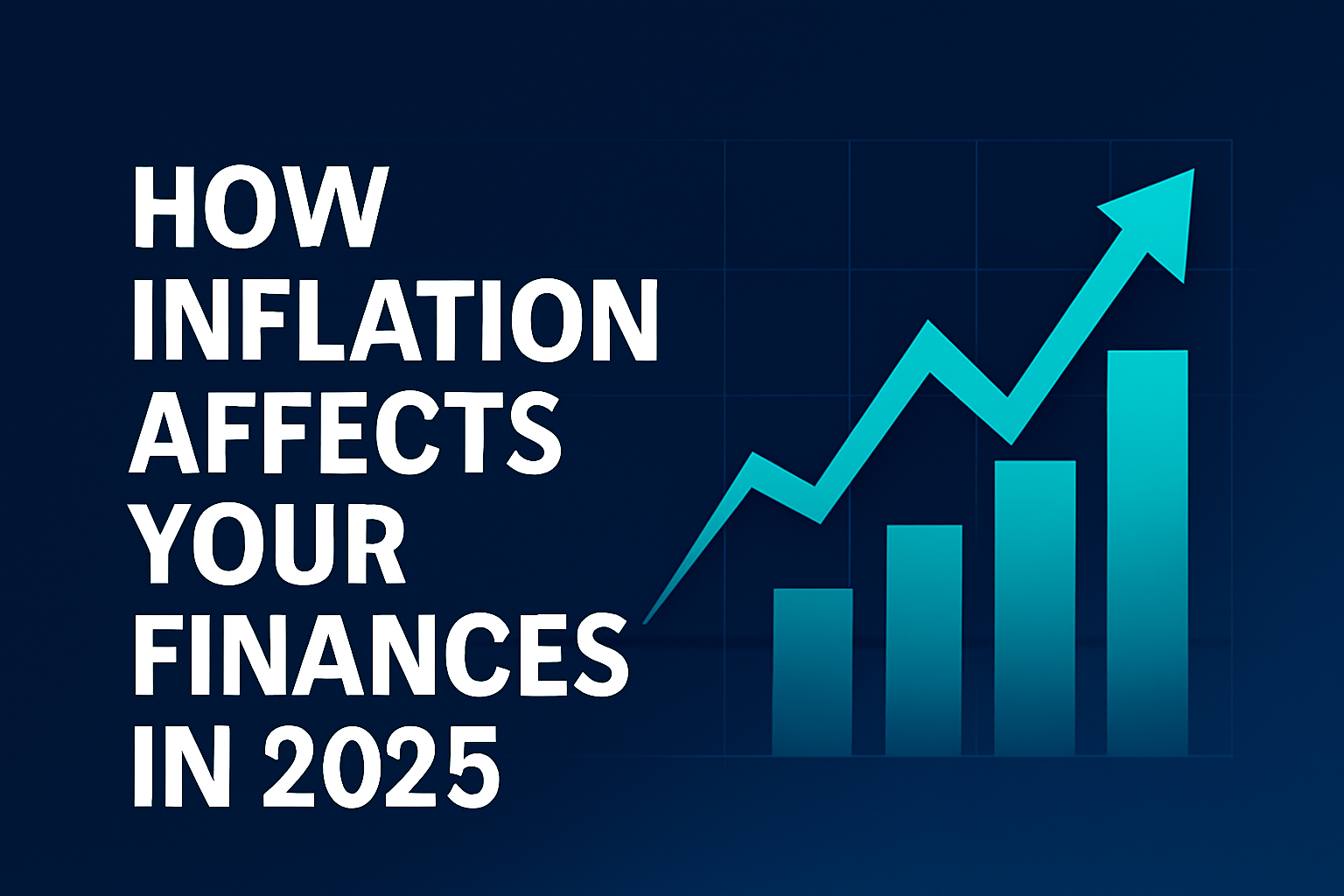

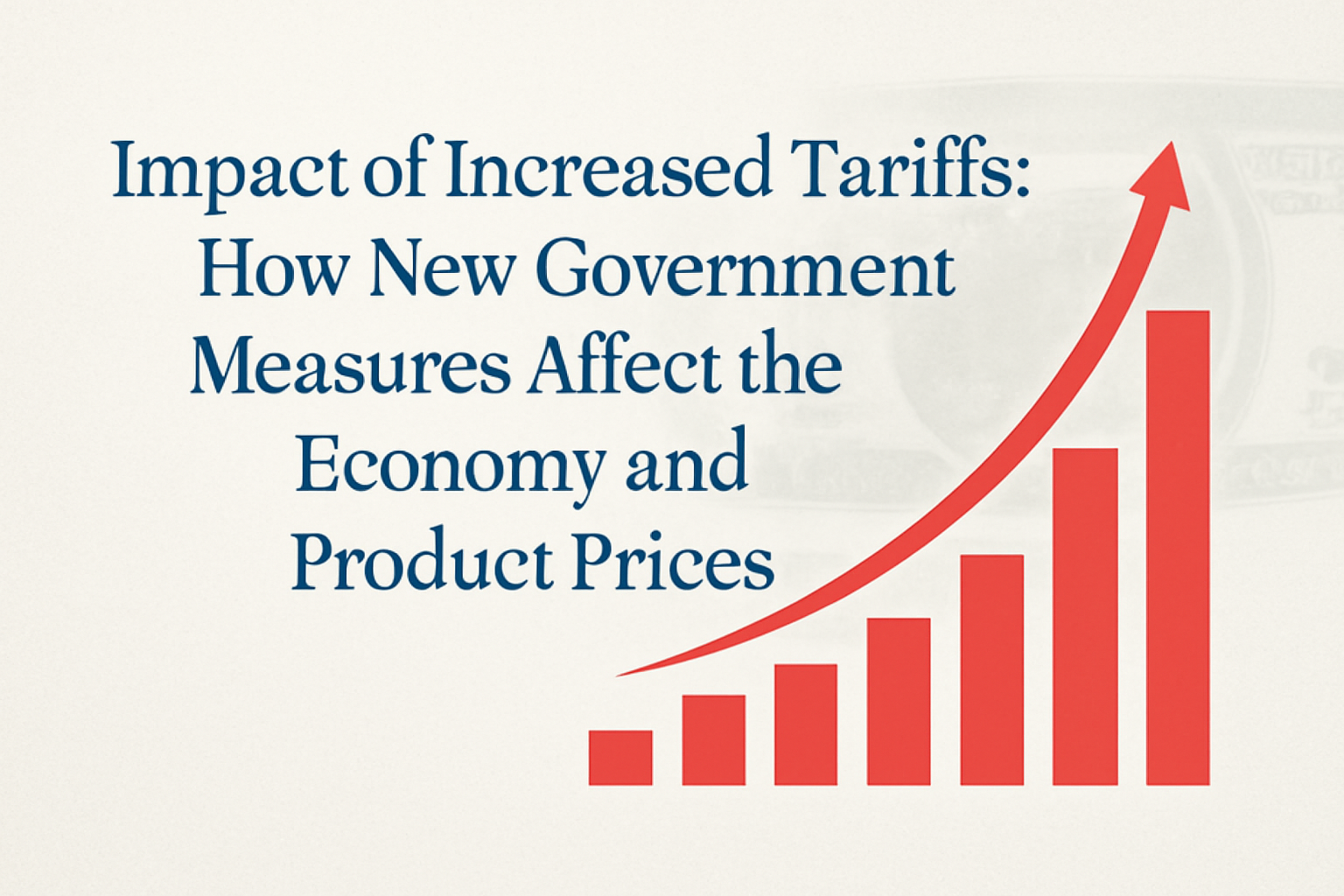
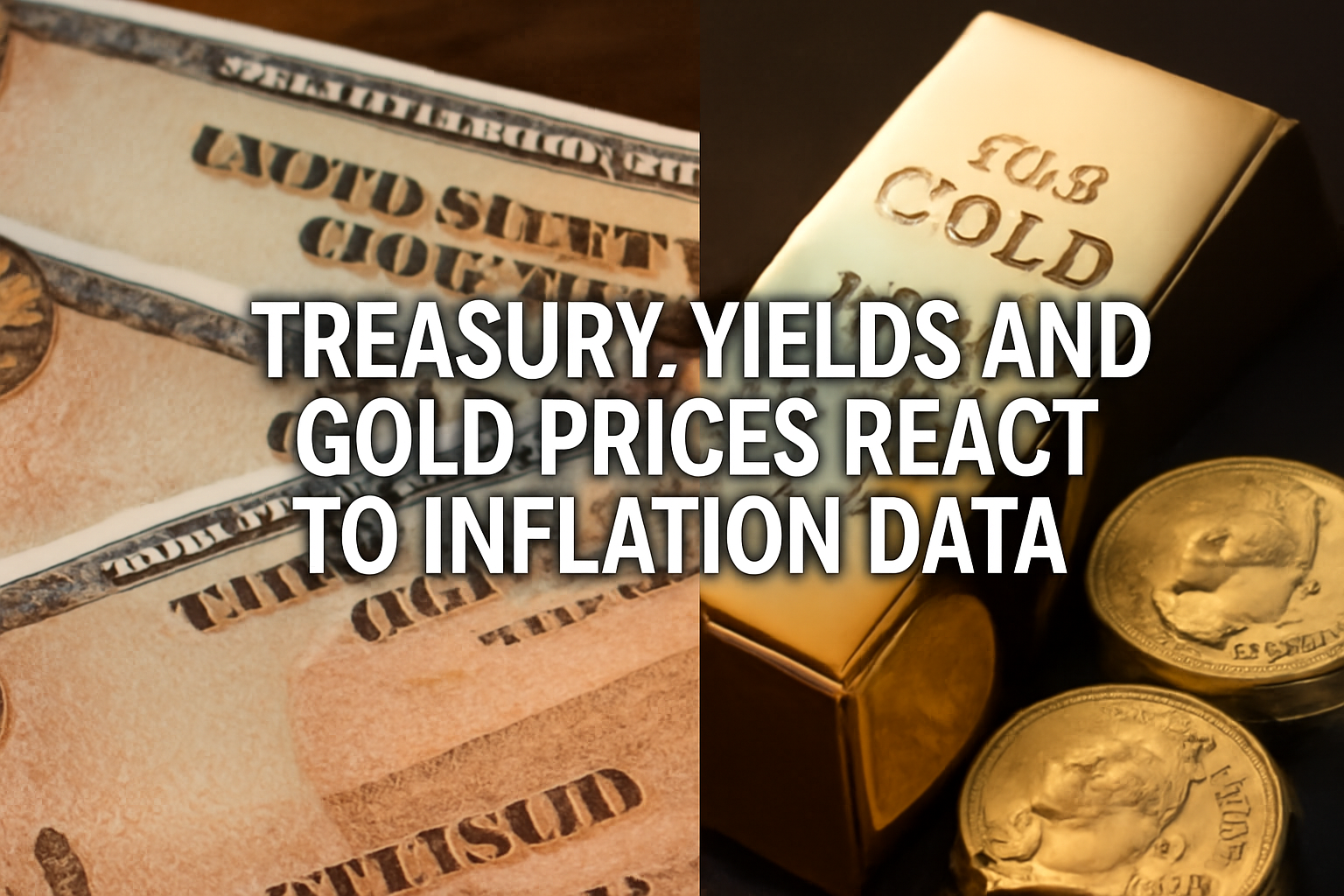

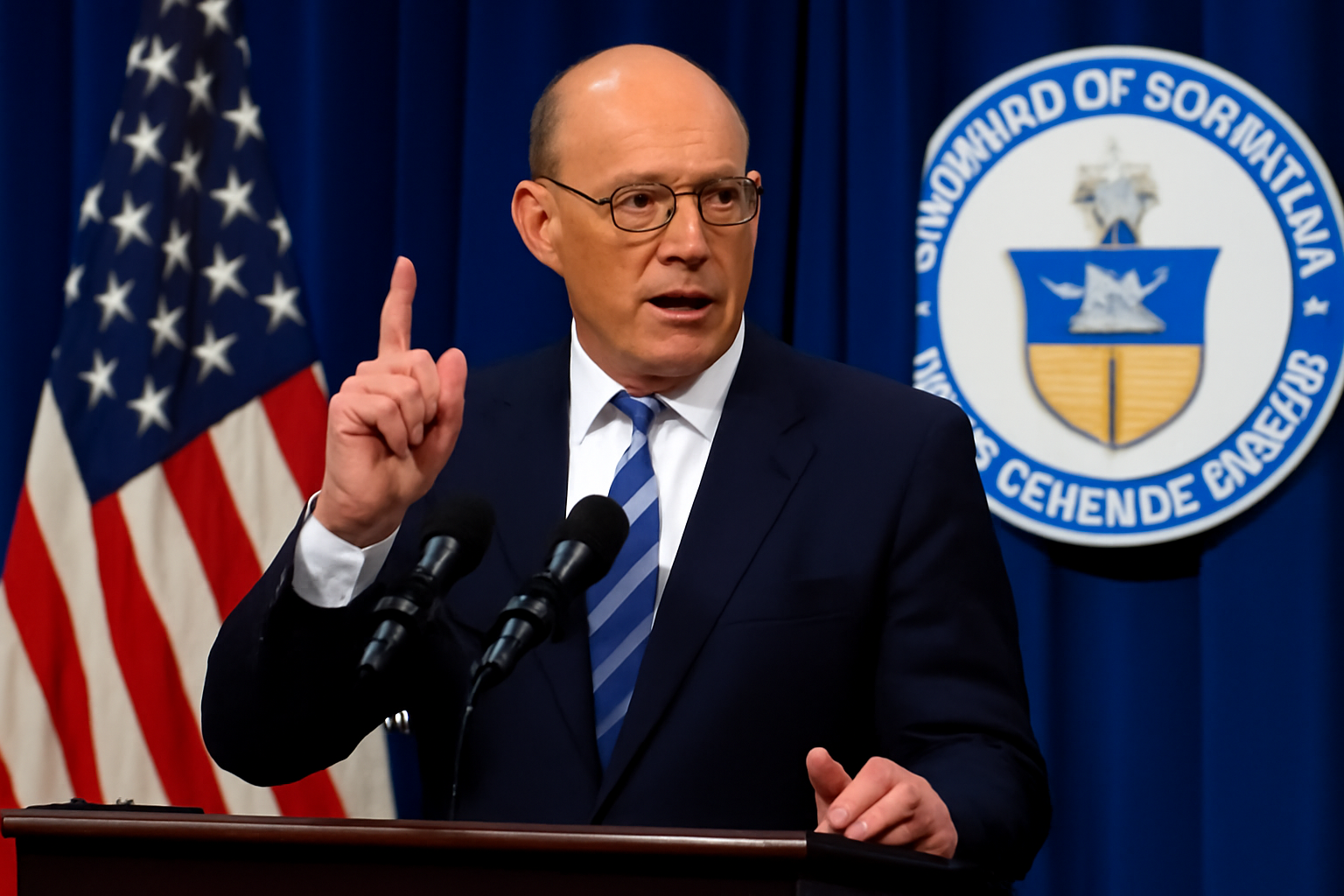
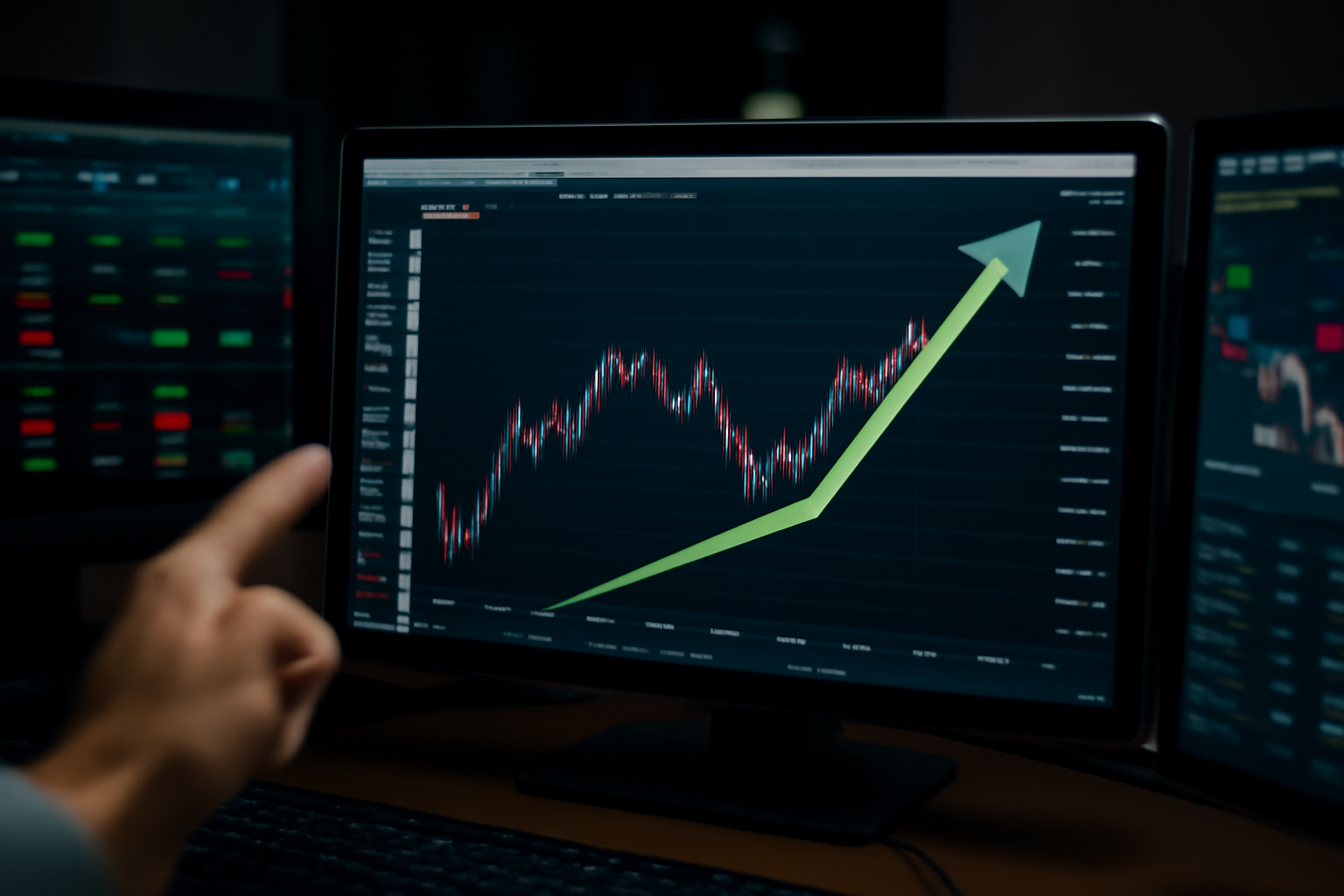
Leave a Reply